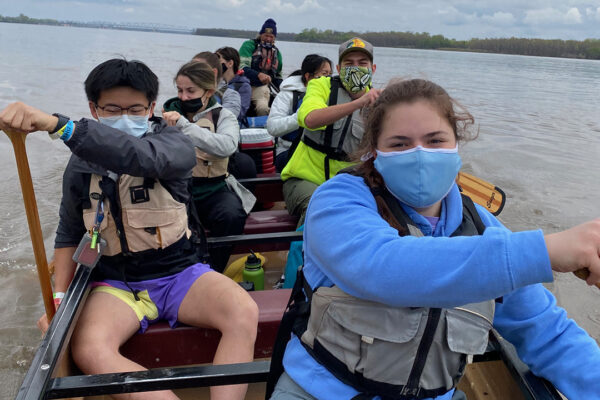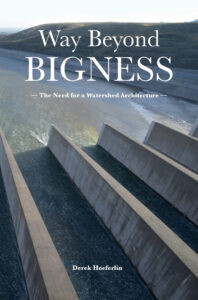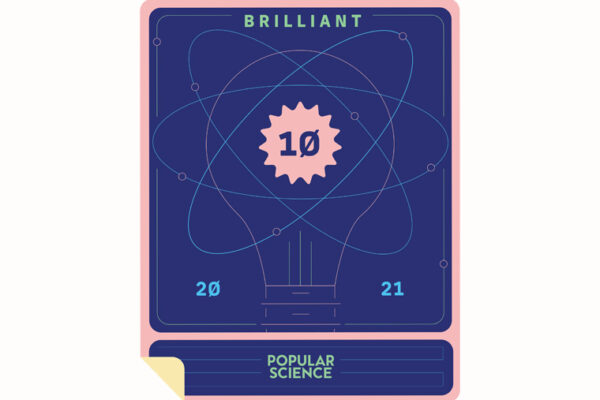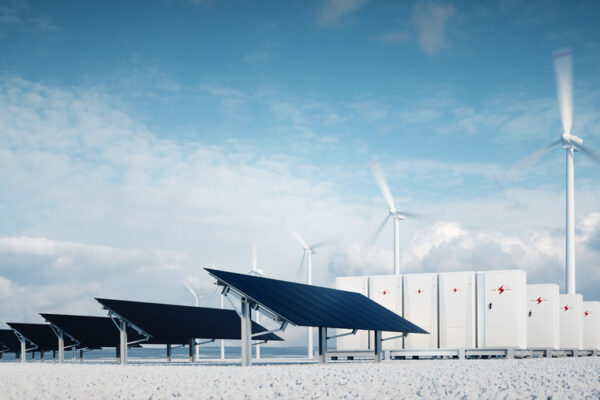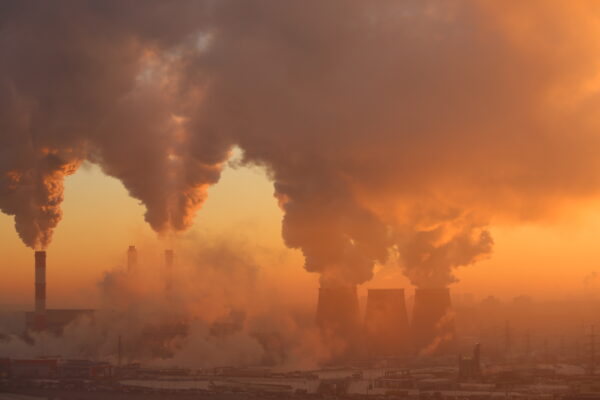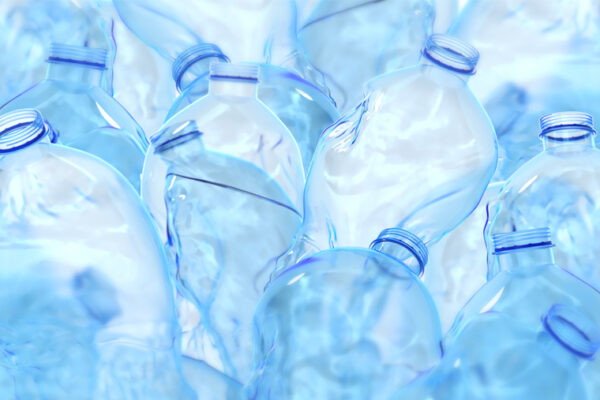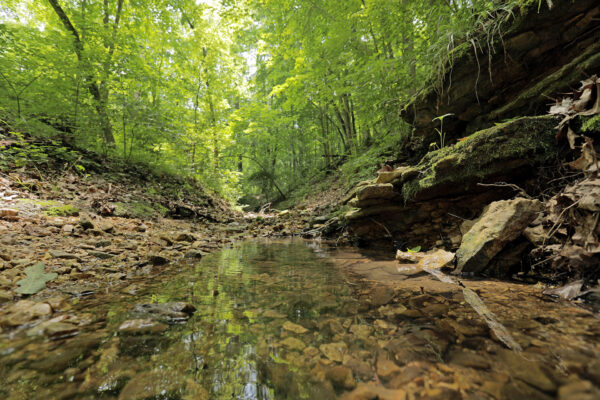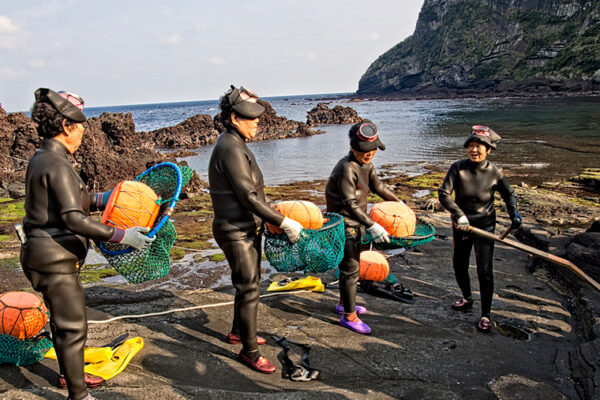Student featured on BBC climate special
Dakotah Jennifer, a senior majoring in English in Arts & Sciences, and a Danforth Scholar, was featured on the BBC’s “Global Climate Debate” news special, featuring leaders gathered in Glasgow, Scotland, for the United Nations’ recent COP26 climate change meeting.
Using microbes to make carbon-neutral fuel
A team led by biologist Arpita Bose in Arts & Sciences modified a microbe so that it can produce a biofuel using only carbon dioxide, solar panel-generated electricity and light.
Hands-on learning to help the planet
Through experiential learning and a new environmental analysis major, WashU students prepare to help us understand the questions of climate change.
Way Beyond Bigness
The Need for A Watershed Architecture
“Way Beyond Bigness” is a design-research project that studies the Mekong, Mississippi and Rhine river basins, with particular focus on multi-scaled, water-based infrastructural transformation. The book proposes a simple, adaptive framework that utilizes a three-part, integrative design-research methodology, structured as: Appreciate + Analyze, Speculate + Synthesize, and Collaborate + Catalyze. To do such, “Way Beyond Bigness” realigns watersheds and […]
PopSci names Ling one of its ‘Brilliant 10’
Popular Science magazine has named Fangqiong Ling at the McKelvey School of Engineering one of its “Brilliant 10,” highlighting her research studying microbes in water systems.
A more efficient way to find a more efficient battery
Research from the lab of Vijay Ramani at the McKelvey School of Engineering has the potential to speed up development of high-capacity storage batteries while spending less time in a lab.
Sam Fox School, AIA St. Louis announce ‘Disruption,’ 2021 Steedman Fellowship
The Sam Fox School’s James Harrison Steedman Fellowship in Architecture, a biennial research competition, invites early-career architects from around the world to explore how architecture can help to address today’s most pressing global challenges.
Can bacteria solve the plastic waste crisis?
Tae Seok Moon, an environmental engineer at the McKelvey School of Engineering, plans to address the global plastic waste problem with a bacterium that would upcycle the plastic into a value-added chemical. His work got a boost from a three-year $861,571 U.S. Department of Energy grant.
In search of refuge
Researchers look at whether Ozark oases at Tyson Research Center — climate change refugia — could help species persist in spite of rising temperatures.
Moon to engineer microbes to control heat production
Tae Seok Moon, associate professor of energy, environmental and chemical engineering, has received a three-year $501,246 grant from the Office of Naval Research to study heat from the human microbiota.
Older Stories


